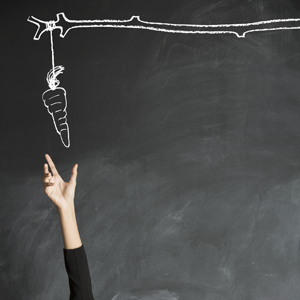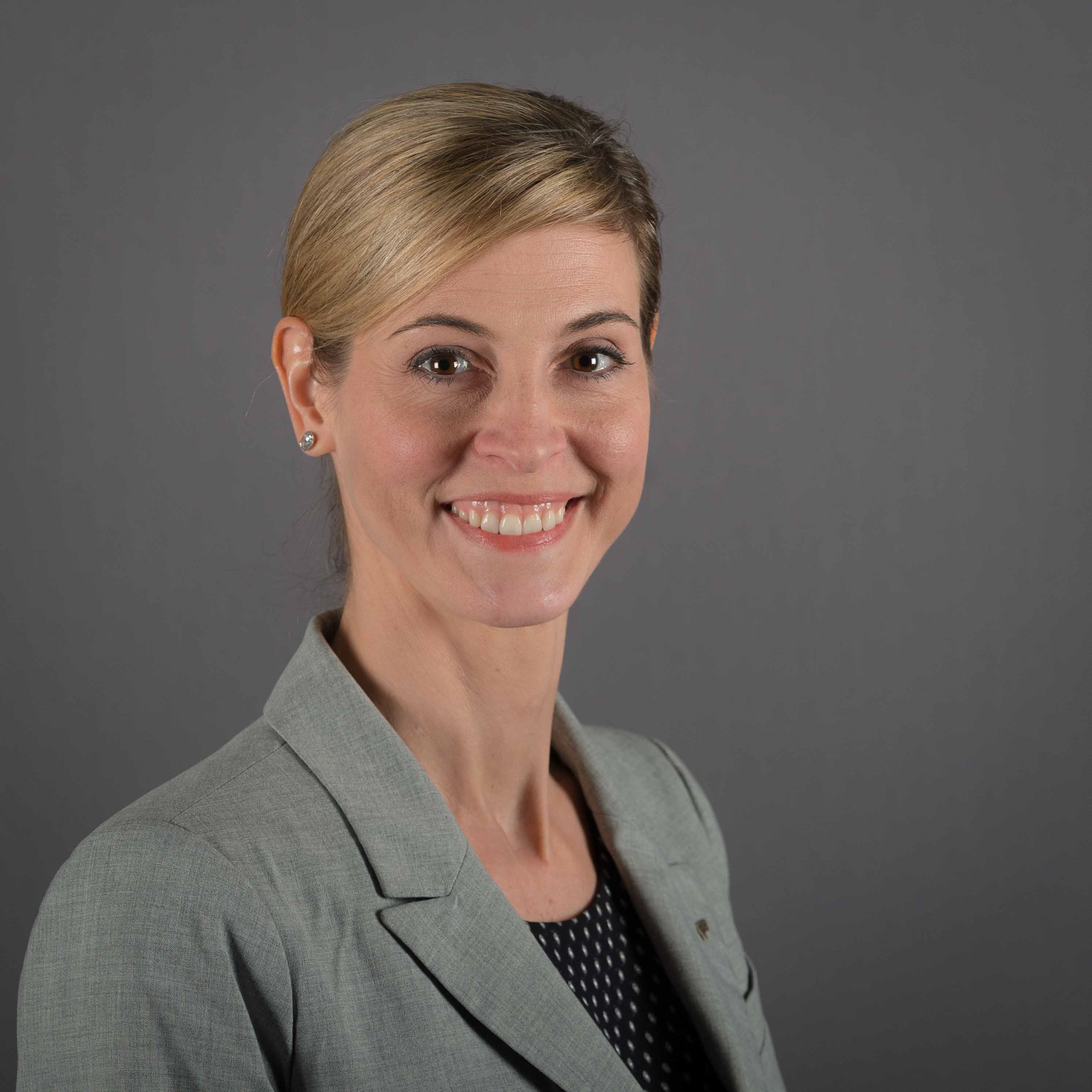
The Authorized Economic Operator (AEO) program represents both the carrot and the stick for EU customs authorities. While there are many significant benefits to becoming AEO certified, not being certified could eventually mean greater financial costs and customs delays. Shippers should be aware that the Union Customs Code (UCC) will change the requirements to become, or remain AEO certified.
The UCC is an updated and revised version of the Modernised Customs Code. The changes are aimed at further modernizing EU customs and procedures by facilitating legitimate trade, ensuring safety and security, creating a paperless customs environment and standardizing customs controls.
The UCC will be implementing changes for the AEO, which in short, will mean a much simpler customs process. The AEO changes under the UCC will officially go into effect on May 1st, 2016, with potential staggered changes that will be phased in over a four-year period, from May 1st, 2016 to December 2020.
The AEO programme was originally developed under the SAFE Framework by the World Customs Organization (WCO) in conjunction with the United States Customs-Trade Partnership Against Terrorism (C-TPAT), New Zealand’s Secure Export Scheme (SES), Singapore’s Secure Trade Partnership (STP), and Taiwan’s Authorized Economic Operator (TWAEO) which work together to facilitate safer, smoother trade. AEO mutual recognition agreements exist with Switzerland, Norway, Japan and the USA.
These nations have implemented voluntary certification programs to help companies move their goods more quickly, which can lower transportation costs and with fewer controls and inspections and the companies involved in these programs are considered trusted trade partners. Together these nations work hard to ensure that the proper steps are in place to protect their citizens against terrorist attacks, by means of high security standards and compliance.
The UCC and AEO key amendments that you will see coming in 2016 will include:
- Introduction of centralised clearance and self-assessments
- Duty deferment guarantee reductions and/or guaranteed waivers
- Greater visibility through electronic communication between operators and Customs
- Penalties and decisions relating to binding information and valuation
The self-assessments will help companies reduce time and cost associated with administration and bulk customs declarations by allowing companies to do this in-house. An authorized person within your company will undertake certain responsibilities normally performed by Customs.
The long term benefits of being AEO certified are to gain a competitive advantage by receiving guaranteed waivers, mutual recognition, fast-track the application process, fewer customs delays and inspections and a reduction in costs due to the expected rise in operating costs, import and export costs and mandatory changes to customs procedures.
Companies that do not become AEO certified will have to provide financial guarantees to cover duties and VAT associated with inward and outward processing relief (IPR/OPR), customs warehousing and free zones, temporary transits, storage, admission and end-use.
For companies interested in becoming AEO certified, the process will consist of a thorough review of your import and export procedures, review of your security, systems and personnel; including all departments that work hand-in-hand with your supply chain. This will identify your company’s areas of improvement and could also uncover potential opportunities for duty and VAT savings.
For existing AEO certificate holders, you will not need to reapply however, your authorization will need to be reassessed to take into account the new changes. Companies that do not fulfill the requirements may lose their certification.
We recommend that companies get AEO certified now to beat the rush that will come when companies start trying to get certified on or before May 1, 2016. If you are not AEO certified within the four year time frame you could be subject to greater financial costs and customs delays. We are already seeing companies starting to require their suppliers to become AEO certified as a requirement to continue doing business with them. Our Tradewin Europe team offers AEO certification assistance and is happy to support you to become a trusted trader.



